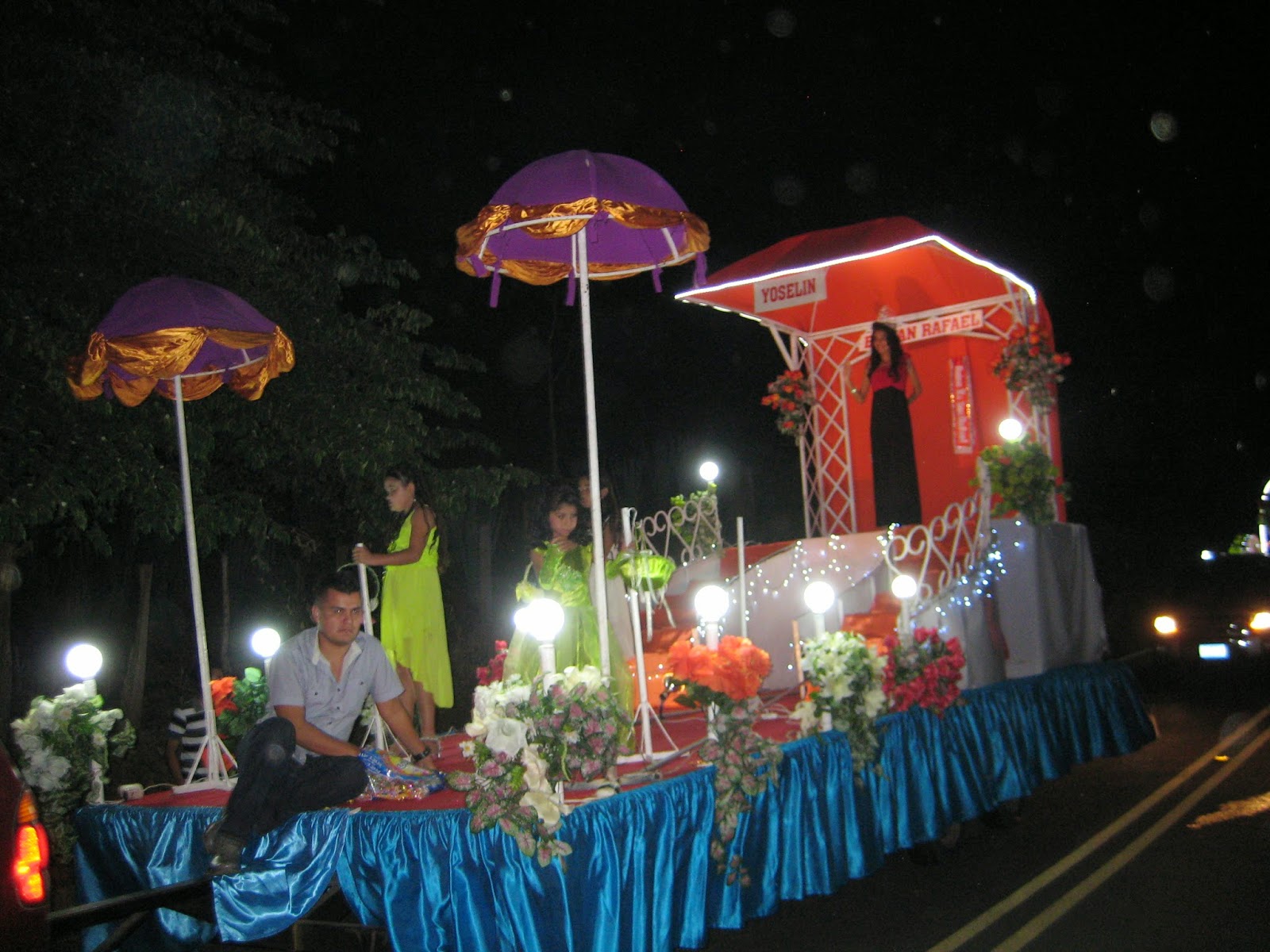*This post was written on Wednesday night.
There are two types of people in El Salvador: People who
talk openly about the war and people who don’t talk about it at all.
When someone gets on the topic of the war, I always ask him
or her to only share with me what they’re comfortable talking about. I would
never want someone to relive horrifying memories just for my sake. However, in
my experience, the people who willingly bring up the war are the ones who are
most definitely comfortable talking about it, even if it is in a detached and
factual manner.
I really do want to know about what happened here. I do. But
every time I hear a war story I think, “That has got to be the worst one.” Beheadings. Bombings. Execution. Rape.
Children, women, the young and the old. I will never be able to understand what
these individuals are truly thinking and feeling as they speak about their passed
loved ones. Many people have buried their pain so deep down that they
don’t seem to feel anything at all.
I’m at odds with this. I mean, how do you respond to a man
who casually discusses driving a pregnant woman to her execution? Or when in
passing you hear about how your host mom found the remains of her 14-year-old
sister dumped on the street? How do you let people share these extremely
personal and tragic experiences with you when you yourself haven’t been
desensitized to war?
It’s been a heavy experience. It’s pulled me outside of
myself.
Tonight I found out from my host dad that a very close
friend of mine lost two young daughters when a bomb hit her house during the
war. My friend has never shared this with me, and I might have gone on never
knowing if my host dad hadn’t added it to the conversation.
At first I felt stunned. My friend is an amazingly cheerful
woman. How could she have suffered this loss and still be so unfailingly hopeful?
It doesn’t make sense. She has talked about the war with me during the year and a half that I've spent time with her, but she's kept the loss of her daughters to herself. I felt more affected by this omission than by all the revolting recounts of torture or murder that others have so freely given up.
I started tearing up, but I thought it would pass. My host
mom called me into the kitchen to make up a plate of platanos con crema, and I
just lost it. It was awkward. I could sense that she felt weird by me crying
and she just started piling platanos on my plate to make me feel better. I
tried to laugh it off, like when I broke down crying to my first host family
during my first weeks in-country or when I cried all over the Director of PeaceCorps. “Sorry for crying! I just love your platanos so much!”
We ate our platanos outside and I told her the real reason
for the waterworks. She just kind of stared at me like it was very strange that
I should cry for children I have never met, or for a woman I’ve only known for a short amount of time. I guess it would seem a little bizarre to her, given that her tears have
long dried up for the loved ones she lost.
The topic disappeared along with our platanos. I’m left here
feeling… sad? Unsettled? I really don’t know. In a way I’m thankful I feel
anything, even if I can’t explain it.

















